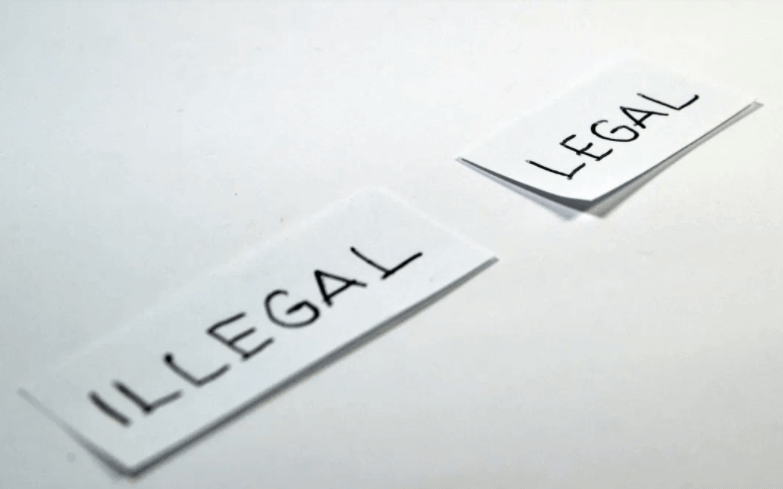In October this year, South African Finance Minister Tito Mboweni sowed confusion through an answer to a question in parliament regarding the legal status of online Forex trading in the country.
More precisely, Mr. Mboweni suggested that online Forex trading was illegal in South Africa, in contradiction with the current regulations of the Financial Sector Conduct Authority. Later, both the Minister and the FSCA provided clarifications regarding the controversial statement.
Is Forex legal in South Africa?
According to the FSCA as well as the Finance Minister, trading Forex through financial derivatives such as CFDs, is legal in the country, as long as an authorized and regulated entity issues these derivatives. In layman’s terms, South Africans can only legally trade Forex through derivatives and licensed Forex brokers.
South Africans cannot legally:
- Speculate against the rand whether they are inside or outside the country. Such activity contravenes the exchange control regulations of the South African Reserve Bank – the central bank of the country.
- Purchase Forex products directly, circumventing the services of a licensed broker.
The gist of the legal status of online Forex trading in South Africa boils down to defining what constitutes such trading in the eyes of South African lawmakers and regulators. Financial derivatives-based trading is legal in the country. No laws forbid South African residents to trade Forex through CFDs, even with overseas brokers that do not possess an FSCA license.
Ideally, one would, however, want to trade with a locally regulated and licensed broker that offers a solid trading app.
What are CFDs?
Contracts for Difference are popular financial derivatives that offer online traders easy access to a wide selection of underlying assets, including Forex pairs, commodities, indices, stocks, etc.
A CFD derives its value from that of an underlying asset. This means that traders can gain exposure to the price fluctuations of an asset without the need to gain actual possession of the said asset. Through a Forex CFD, one can trade the USD/ZAR exchange rate without the need to possess either currency.
South African law prohibits direct Forex trading that involves possession of the traded assets.
The SARB and its Exchange Control System
South Africans can only fund their overseas Forex CFD accounts within certain limits that the SARB has defined.
- A single discretionary allowance features a limit of ZAR 1 million, and traders do not have to clear it through the revenue service. This is, therefore, the most popular option for rank-and-file traders.
- A limit of ZAR 10 million exists on funds sent to offshore investment accounts. Such transfers require clearance from the revenue service, however.
Traders need to disclose their Forex profits to the South African Revenue Service.
Image Courtesy: learnfxtrading.net
